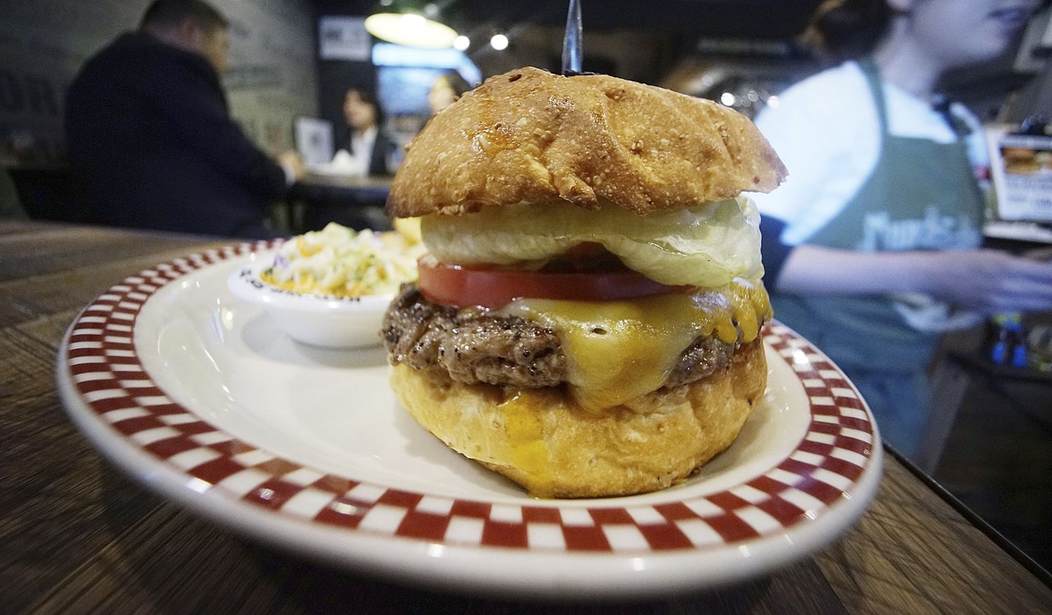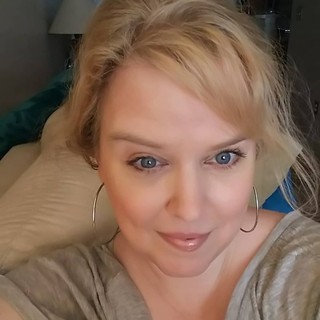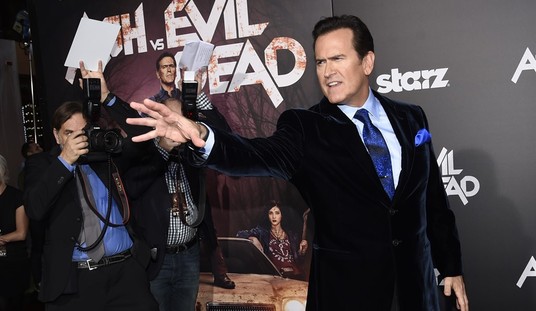Without a doubt, one of the biggest challenges for caregivers is the food conundrum, especially if the person you're caring for has gone through or is continuing to battle health issues that call for dietary modifications to help with the condition.
My dad was a "walking miracle" according to his primary care physician, considering everything he had going on in the last decade of his life. He was diabetic and was also dealing with late-stage kidney disease that stemmed from an allergic reaction to a blood pressure medication he had been given too much of during eye surgery.
That, plus complications he dealt with later in life as a result of the above issues, as well as being on dialysis for so long, gave my mom no choice but to try to focus on what kinds of foods he should have in order to keep his quality of life at a good level.
But my dad was like every other red-blooded male. He liked to eat and, understandably, did not want to be limited in his choices and certainly did not want to be "told" what to have, although one area he didn't put up much of a fuss about was closely monitoring sugar intake.
SEE ALSO -->> Caregiver's Diary Part 12: Learning to Go With the Flow
Not only did his sugar need to be monitored, but he also had to be careful with potassium and sodium, and it seemed like no matter how mom tried to tailor his diet, she'd run into a roadblock with something low in one of those but high in the other.
It was a vicious cycle, especially for people like us who hadn't been meal planners in a long time, and who certainly weren't experts on the issue of "eating better." What made it especially frustrating for her was that one condition would call for having this and not having much of that, but others would call for what he shouldn't have with the other condition.
So she did the best she could with Dad, but it was a near-constant struggle to keep him on track and happy with what he was having to eat. It wasn't a perfect diet, but it was about the best she could do.
But the last couple of years of his life, my dad was pretty much fed up with what he called "food policing" and because mom was growing weary of feeling like the "bad guy" for the food planning and recommendations, she let up quite a bit and dad got to where he was eating more of what he wanted. It wasn't the healthiest of diets, but since he had been through so much with the doctor appointments, the poking and prodding, the dialysis visits three days out of the week, and all the rest, he just wanted to have as "normal" a life as he could, and my mom agreed.
Now that I'm my mom's caregiver, we are dealing with similar challenges in diet. According to her medical oncologist, it's a good idea not to have red meat too often and to be careful with processed meats (like lunch meats) as well. I think she's also mildly lactose intolerant (we have Lactaid on hand), and sugary, caffeinated tea does not sit well with her system - so we limit that, which, like your typical Southern woman, she's not happy with but accepts.
I'm continuously recommending we eat and drink more of this and a little less of that, and the arguments are sounding familiar to me because they were the same discussions she'd have with my dad. I have to remind her of that sometimes when we are going back and forth on the subject.
I get pushback quite a bit because she wants what she wants. And again, that is completely understandable. No one wants to have their diets micromanaged, and I really do try hard not to be too nitpicky. But after a little grumbling from us both, she usually acknowledges that I'm right and we come to compromises on what to do for lunch, snacks, etc.
Our diets are by no means role models for anyone else's situation, but we do the best we can. If you're a caregiver and you find yourself in what you think are "no win" situations when it comes to food for your loved one, don't be too hard on yourself and be firm when you need to be, but also try to find "middle ground" with them so they can maintain some control over their food choices and not feel like their hands need to be held the entire time through the process.
Independence, whether it's just the sense of independence or actually being as independent as they can, is very important for the person you're caring for, especially if they're the person who used to be the central hub for all the family things over the years, like my mom has been. It's a delicate balance, and we're still working on ours. But one thing is for sure, we're closer to finding it now than we were when we started. :)
RELATED: To read my previous Caregiver's Diary entries, please click here.














